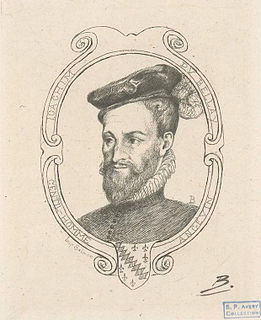A Quote by Alvaro Enrigue
The well-known inspiration for 'Ulysses' is made clear by the title itself: Joyce's novel is based on Homer's 'Odyssey', under the ever-fascinating premise that all of Odysseus' extraordinary adventures can be experienced by a modern man in a single day, provided that the writing consists of his mental activity.
Related Quotes
The censors have always had a field day with James Joyce, specifically with 'Ulysses,' but also with his other writings. The conventional wisdom is that this is because of sexually explicit passages (and there certainly are those). I have always thought that what the critics hated and feared about Joyce is his cry for human freedom.
I've been working hard on [Ulysses] all day," said Joyce. Does that mean that you have written a great deal?" I said. Two sentences," said Joyce. I looked sideways but Joyce was not smiling. I thought of [French novelist Gustave] Flaubert. "You've been seeking the mot juste?" I said. No," said Joyce. "I have the words already. What I am seeking is the perfect order of words in the sentence.
A friend came to visit James Joyce one day and found the great man sprawled across his writing desk in a posture of utter despair. James, what’s wrong?' the friend asked. 'Is it the work?' Joyce indicated assent without even raising his head to look at his friend. Of course it was the work; isn’t it always? How many words did you get today?' the friend pursued. Joyce (still in despair, still sprawled facedown on his desk): 'Seven.' Seven? But James… that’s good, at least for you.' Yes,' Joyce said, finally looking up. 'I suppose it is… but I don’t know what order they go in!
To live with the work and the letters of James Joyce was an enormous privilege and a daunting education. Yes, I came to admire Joyce even more because he never ceased working, those words and the transubstantiation of words obsessed him. He was a broken man at the end of his life, unaware that Ulysses would be the number one book of the twentieth century and, for that matter, the twenty-first.
I find that readers are very interested in how things are translated. I just turned in the first part of this father-son Odyssey, and there is a part when I digress and explain that the name Odysseus is related to the word for pain. Like "-odyne" in the word "anodyne," pain. It's the same, "-odyne" as in Odysseus. He's the man who both suffers endlessly, in trying to get home, but also inflicts a lot of suffering on everyone he visits.




































